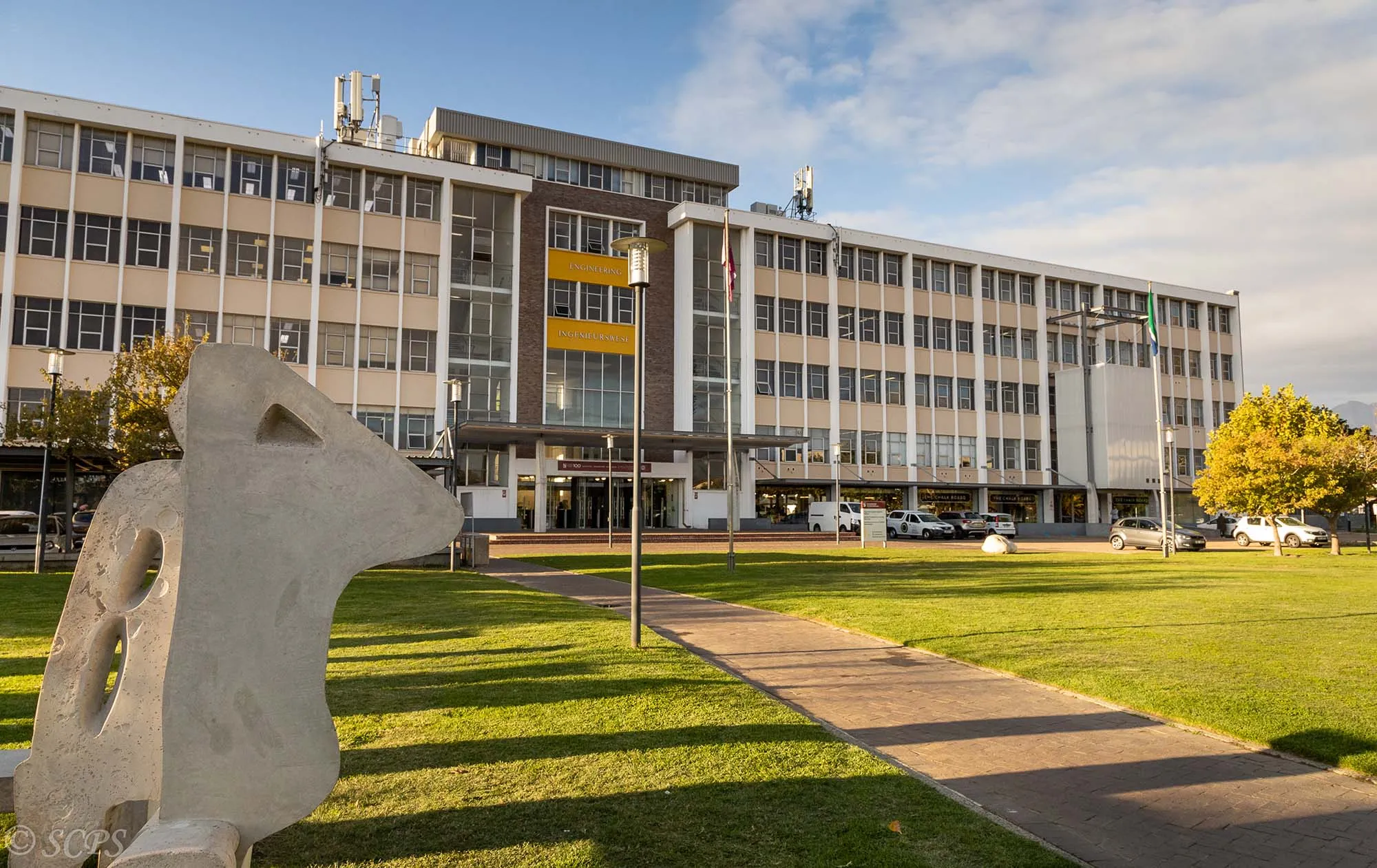
The argument for cost-benefit analysis of ITS has never been so strong, according to Dr Paul Vorster, CEO of
“At the same time, budgets are constrained and both transport authorities and operators are under pressure to cut back on capital investment, reduce their running costs and maximise the benefits of money spent”. Behind these constraints, “some very powerful forces are combining to effect strong leverage on ITS deployment”, said Vorster - a management committee member of
“South Africa,” he told ITS International, “is experiencing such a perfect storm to a magnified degree. So are many other countries with emerging economies that are facing rapid urbanisation and insufficient infrastructure to meet demands for mobility.”
At a May 2016 ITS South Africa workshop on the issue, delegates heard that exotic ‘bespoke’ solutions can significantly increase the costs of designing, building, maintaining and operating an ITS solution. Instead, the focus should be on what is needed, rather than wanted, and on delivering a core system that is fit for purpose and delivers optimum benefits.
In the specific area of bus rapid transit (BRT) systems – in which South Africa, like other countries, is currently investing heavily – stringent reviews of early implementations in Johannesburg and Cape Town have highlighted the need to modify design specifications to achieve an improved cost-benefit ratio.
IBEC’s mission, Dr Vorster concluded, is to encourage the growth of an international community of cost-benefit proponents to support the ITS industry.










